Starbucks lays off workers in Middle East branches after pro-Palestine boycott
Starbucks’ West Asia franchisee has fired 2,000 of its staff after suffering huge losses owing to boycott campaign led by Palestinian supporters during Israel’s war on Gaza.
The Persian Gulf’s retail giant AlShaya Group, which owns the rights to operate Starbucks in the Middle East, announced the one tenth staff downsizing decision citing “challenging trading conditions over the last six months”.
"As a result of the continually challenging trading conditions over the last six months, we have taken the very sad and very difficult decision to reduce the number of colleagues" in Starbucks stores in the region, the Kuwait-based family business, Alshaya Group said.
"Our thoughts are with the green apron partners who will be leaving, and we want to thank them for their contributions," a Starbucks spokesperson told Reuters.
The baristas downsizing comes amid the American multinational coffeehouse chain headquartered in Seattle, has seen billions of dollars worth of losses throughout the months due to global Palestine solidarity boycotts.
Its sales were significantly hampered in West Asia and the US after consumers started demonstrating a boycott campaign against it and several other multi-national brands over their direct or indirect support to Israel.
Western companies have been facing the consequences of an unplanned and widespread boycott movement due to Israel's military operation in the Gaza Strip, which was triggered by the Hamas’s retaliation attack on October 7th.
In January, the coffee giant had accepted that its business in the region was negatively impacted by the West-backed Israeli genocide on Gaza, leading to first-quarter results falling short of market expectations.
The US fast-food giant McDonald's encountered demands for a boycott when a franchisee in Israel announced their intention to provide complimentary meals to Israeli soldiers in October.
The McDonald's CEO, Chris Kempczinski had admitted in January that the fast-food giant is experiencing a "meaningful business impact" in West Asia and other regions due to the Israel-Hamas conflict.
In another instance, owing to the boycott calls, the sports giant Puma in December had decided to end its sponsorship of Israel’s football team in 2024.
Huge losses are also being observed in other companies with Israeli affiliations or pro-Israeli sentiments such as Coca-Cola, Pepsi, Burger King, KFC, Pizza Hut, Zara, Nike, etc.

MSF: 70% of burn victims in Gaza are children, little chance of recovery
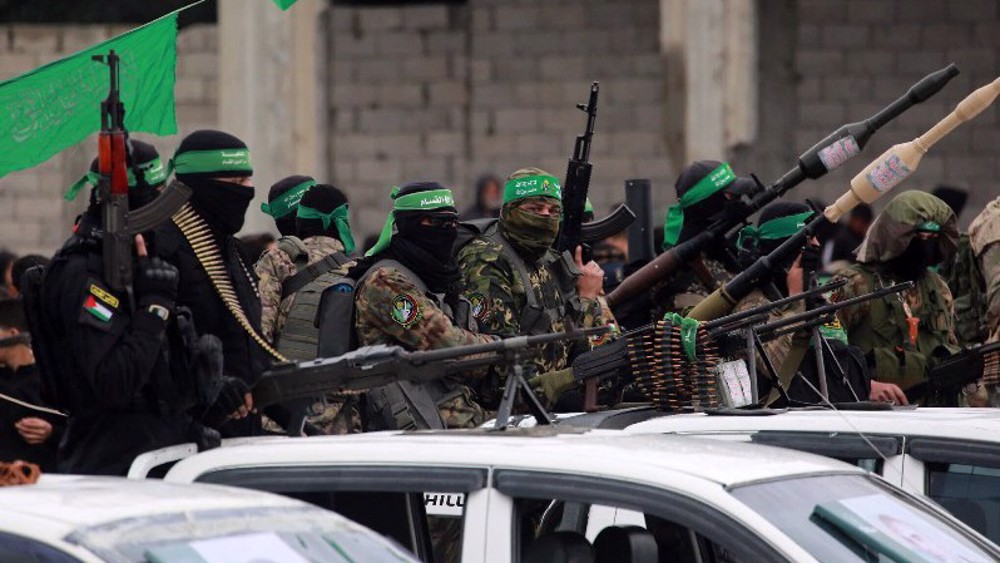
Hamas: No partial truce, only comprehensive deal acceptable

Yemeni forces target Israeli Nevatim Airbase in retaliatory missile strike
VIDEO | NY protesters demand end to genocide on Global Day for Gaza
VIDEO | Pope Francis funeral mass held in St. Peter's Square
VIDEO | UK education activists focus on decolonization
Iran supports any measure to strengthen peace, tranquility: Pezeshkian
Iran, Russia agree to transfer gas via Azerbaijan: Minister
VIDEO | US joins global protest day to demand Israel lift 8-week siege
HTS gunmen, allied militants kill over dozen Alawites in Syria’s Homs
VIDEO | Press TV's news headlines


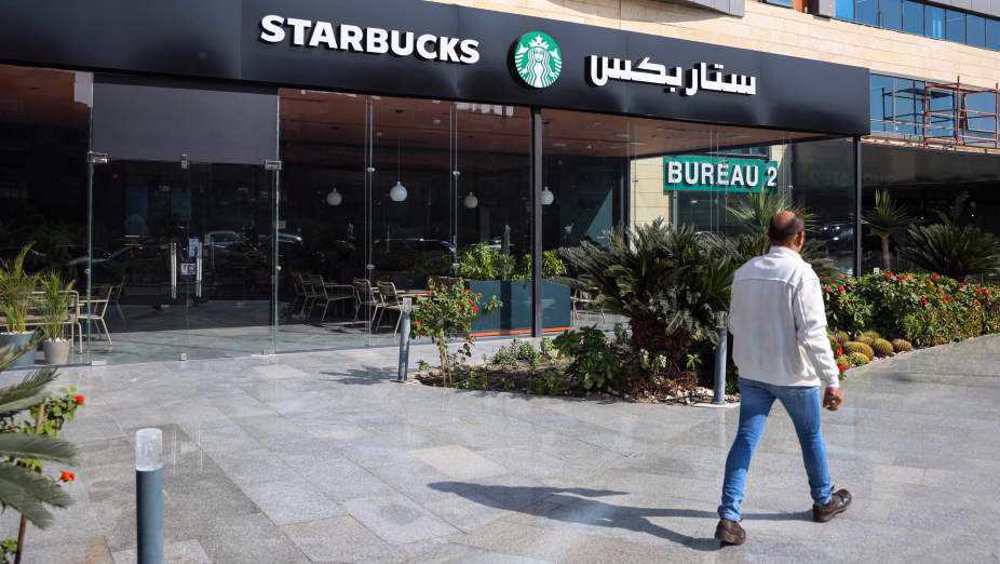
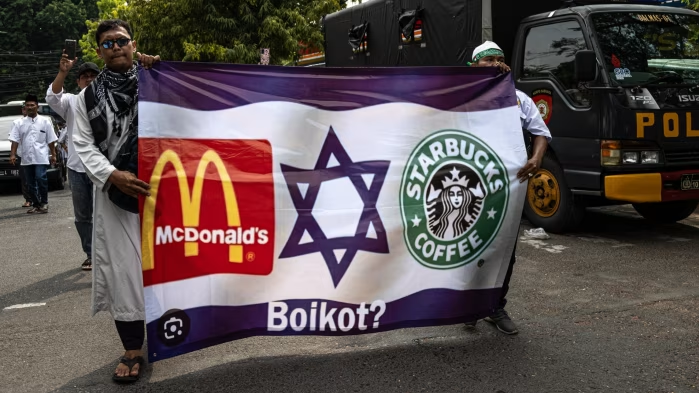



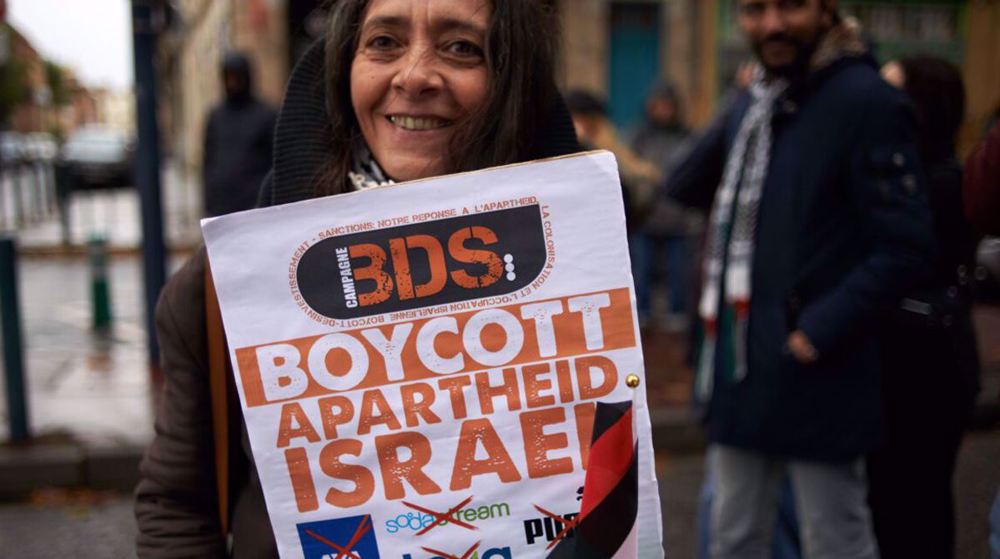

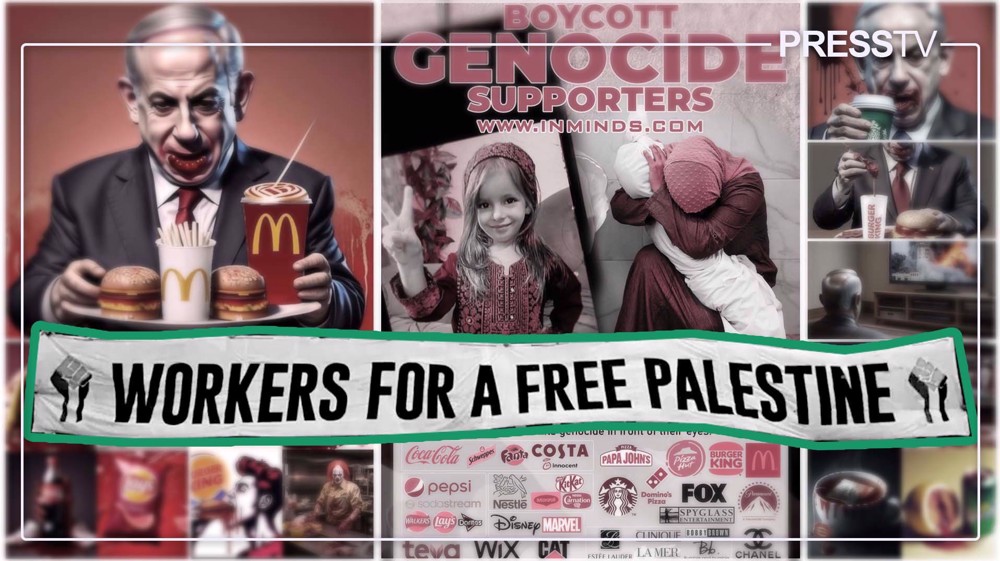
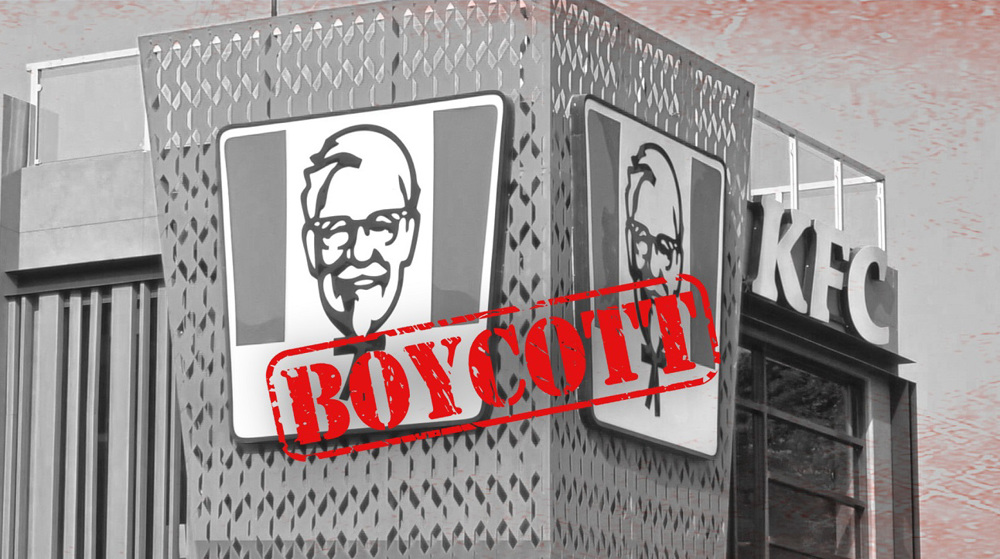
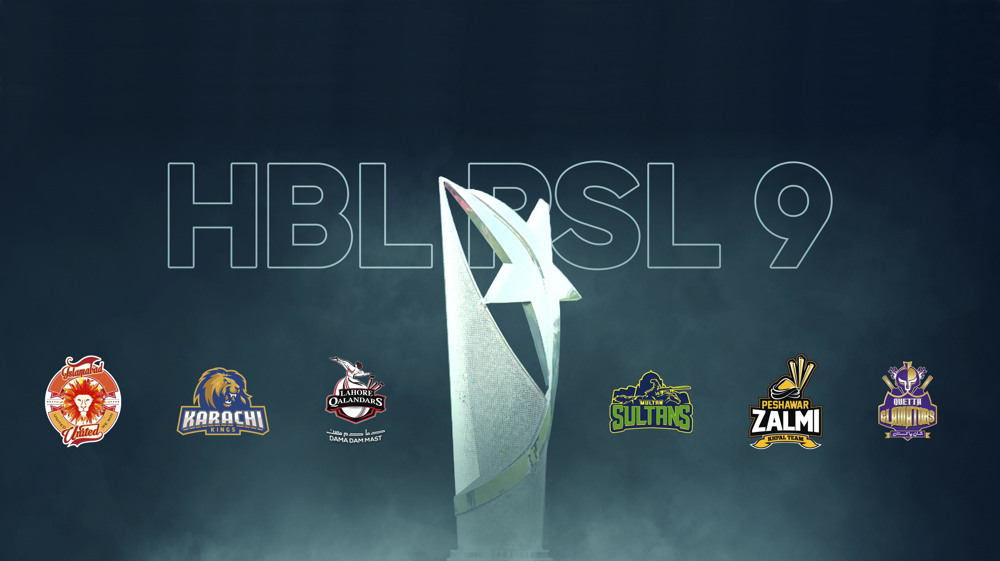
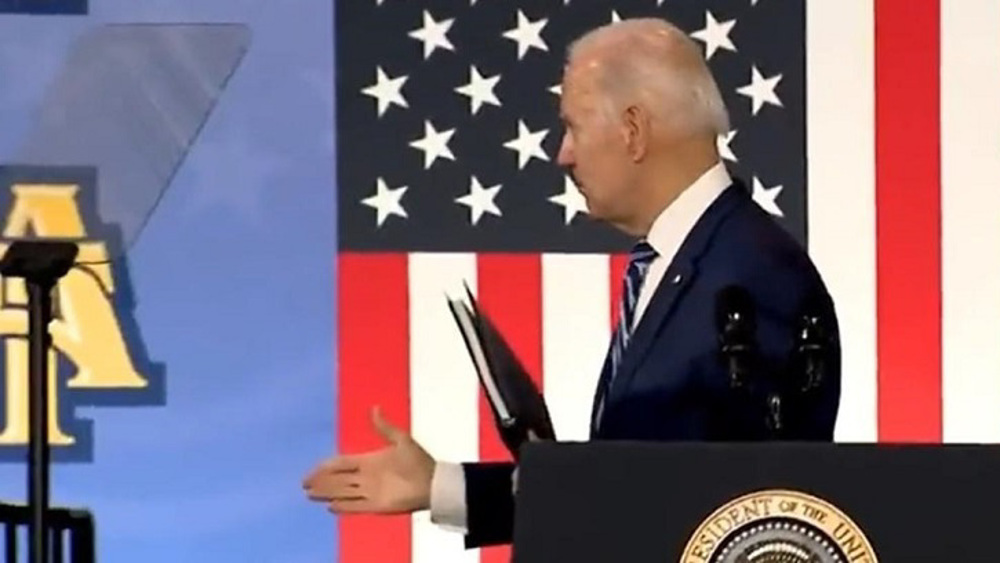
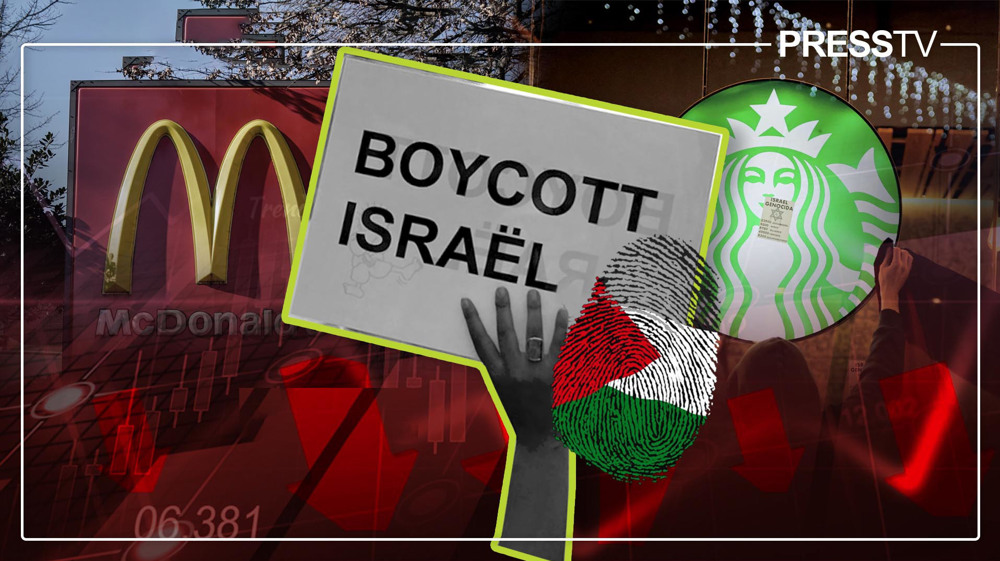
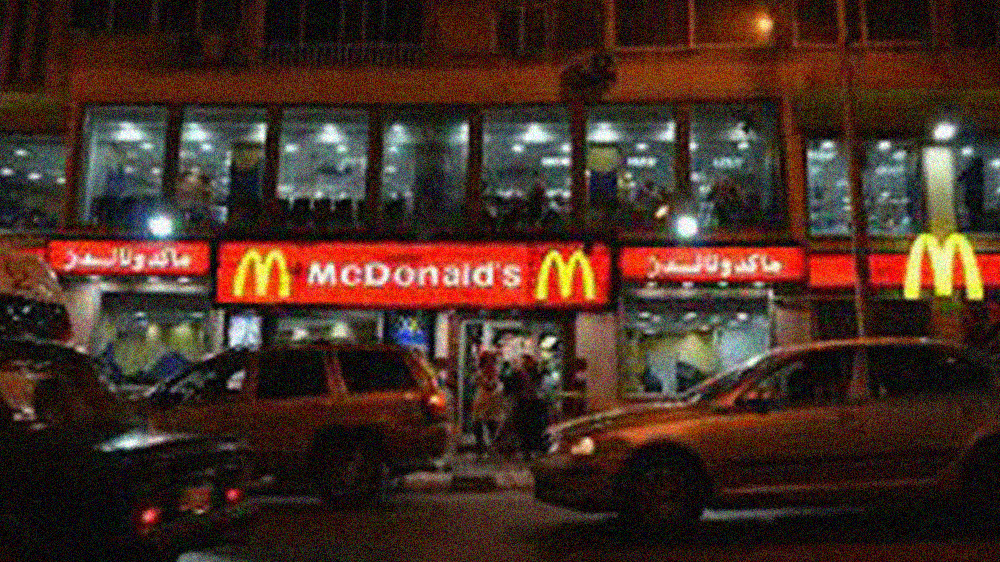
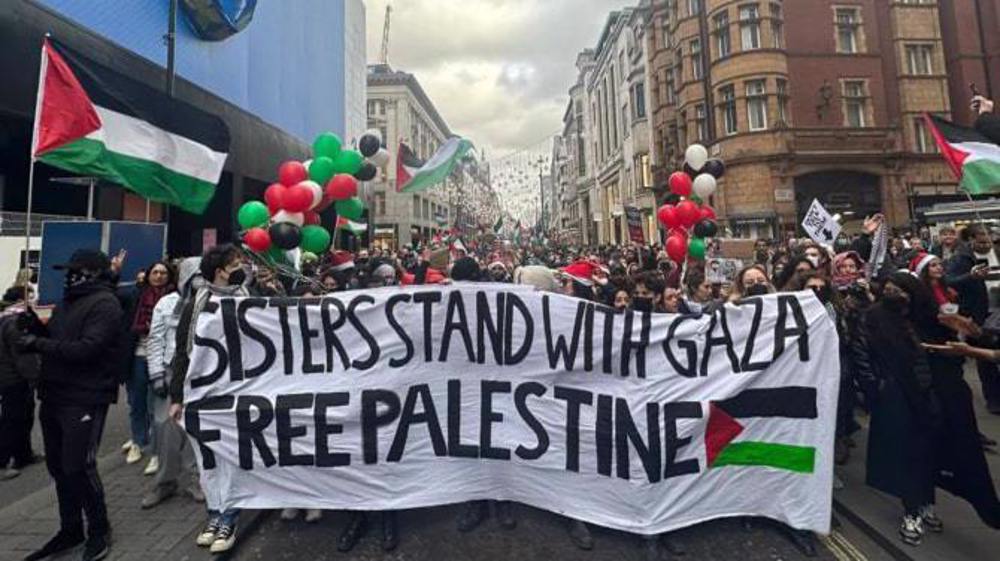

 This makes it easy to access the Press TV website
This makes it easy to access the Press TV website